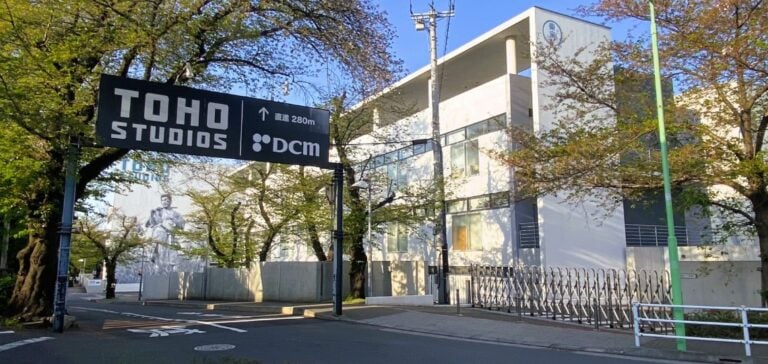The group JERA Co., Inc. (JERA), in collaboration with Toho Co., Ltd. (Toho), marks a significant milestone in the energy transition by launching the first commercial use of electricity generated from hydrogen zero-emissions in Japan. This partnership aims to transform the energy consumption of Toho Studios, a leading player in Japanese film production.
The project is based on a hydrogen power generation facility located in Sodegaura, Chiba Prefecture. This site, equipped with a gas engine generator with a capacity of 320 kW and two fuel cell generators totaling 70 kW, is supplied by tanker trucks capable of transporting 3,000 Nm³ of hydrogen each. JERA has also implemented solar solutions to complement the energy supply for Toho Studios, ensuring CO₂-free energy 24 hours a day.
A Transition Toward 100% Carbon-Neutral Energy
Since 2023, the two companies have focused on a shared goal: achieving entirely carbon-neutral energy for film production. The project includes a strategic plan to progressively eliminate CO₂ emissions, ultimately aiming for fossil-free energy every moment of the year.
Toho Studios, already a pioneer in adopting green solutions in the entertainment sector, seeks to embody a model of social responsibility. According to Hiro Matsuoka, CEO of Toho, this commitment reflects the company’s mission to raise audience awareness while limiting its environmental impact.
Responding to Global Energy Challenges
JERA, a key energy player in Japan, views this initiative as an opportunity to demonstrate the effectiveness of its hydrogen solutions across various sectors. Yukio Kani, Global CEO of JERA, considers this project a major contribution to addressing global energy challenges. The combination of renewable energy and digital technologies allows JERA to provide innovative and sustainable solutions.
An Example for Creative Industries
By using clean electricity for its productions, Toho Studios intends to transform the landscape of the film industry while inspiring other sectors to adopt similar practices. This project, hailed as a major breakthrough, highlights the potential synergies between technological innovation and environmental sustainability.
The results of this partnership could serve as a model for broader adoption of hydrogen technologies, not only in the film industry but also in other sectors where decarbonization challenges remain critical.






















